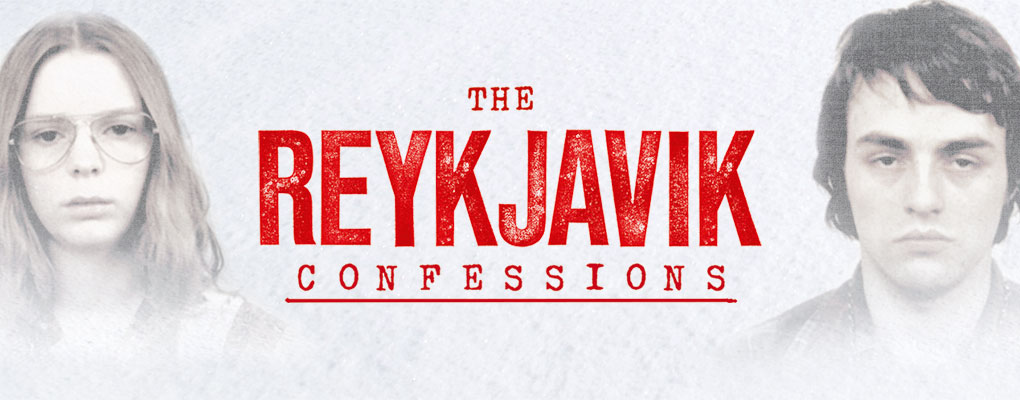Books
The Reykjavik Confessions: memory, murder and madness
Why would six young people confess to murders they hadn’t committed? That’s what happened in the Guðmundur and Geirfinnur case – a mystery made all the more intriguing because the events took place in Iceland in the 1970s. Two young men had disappeared. Their bodies had never been found but years later six people had been arrested and charged with their murders. There was no forensic evidence – the only “evidence” the police had were the confessions. As soon as I heard about the story I realised this was no ordinary miscarriage of justice: it was a labyrinthine story about memory, murders and madness which I had to tell.
Iceland had been living with this for forty years and didn’t think anyone else would be interested in the murky secrets that would rock Icelandic society.
News travels fast in such a small place. The interior minister mentioned me coming to the country the week before I arrived and, as soon as I touched down the Icelandic press contacted me, and I was interviewed about my story on Icelandic TV and in the main newspapers. The fact that a noted investigative journalist from an internationally trusted news organisation like the BBC was taking an interest in the case fascinated the nation. I was contacted by people intimately involved with the case who had never spoken to any Icelandic writer: the prison guard who had witnessed abuse of the prisoners, the sister of one of the convicts who had changed her name and fled to the UK.
When I began talking to the main characters for The Reykjavik Confessions – the convicts, their families, the lawyers, prison officers and investigators – I realised that what stood before me was a claustrophobic real-life thriller, full of twists and turns, encompassing political intrigue, global politics, immense personal suffering and the distortion of memory. I had decided from an early stage I had to write a book to tell the full story in depth.
It felt at times as if I were inside a marshy swamp with the characters and plots washing around me like waves. This story needed telling and my gut feeling was no one from Iceland was going to do it justice. This thought had lingered in the run-up to the journey but it was only when I actually arrived in Reykjavik that I knew this for certain. With a population of just over 300,000, it seems like everyone in Iceland knows or is related to someone in a senior position within the police, government or business. As Erla Bolladottir, one of the six people convicted of the killings, told me, “It needs an outsider to tell this story, someone who doesn’t have any baggage or prejudices”. I was that outsider.
The Reykjavik Confessions is a book about an unconventional set of people and circumstances. What makes this story so compelling and unique is the exploration of memory and how it can be altered and moulded. The testimonies and diaries of the convicts provide a unique opportunity to explore memory distortion, to chart the process and understand its implications.
The story is told through the memories of the key protagonists: Erla Bolladottir, the vulnerable young mother who implicated her lover and his friends; Professor Gisli Gudjonsson, the top forensic psychologist who turned the case on its head; Gudjon Skarphedinsson, the killer turned Lutheran priest whose diary helped to reveal the extreme interrogations and extensive solitary confinement with some suspects held in isolation for years.
This is also the story of a collective memory: a fearful hysteria that gripped the nation, that lurking underneath the surface of a conservative society were destructive, anarchic forces. It’s a history that the older generation, many in senior positions, would rather forget, but they cannot escape.



Please note: Moderation is enabled and may delay your comment being posted. There is no need to resubmit your comment. By posting a comment you are agreeing to the website Terms of Use.